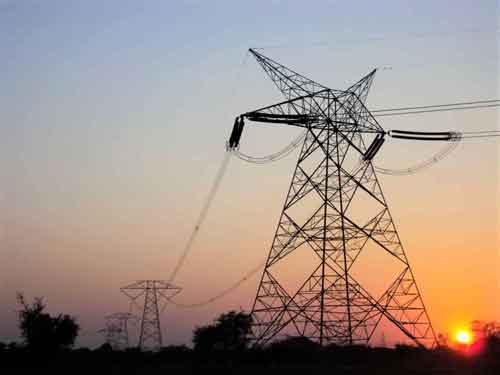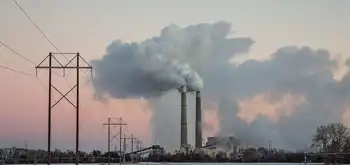Timescale laid out for first inland nuke plant
CHANGSHA, CHINA - The nation's biggest nuclear reactor builder, China National Nuclear Corp, expects to start building the country's first inland nuclear power facility within three to five years in the central province of Hunan.
The Beijing-based nuclear power firm has selected Taohuajiang, about 100 kilometres from the province's capital Changsha, to construct rectors with a single capacity of about 600 MW (megawatts), a China Nuclear official told China Daily recently.
"We expect to complete the preliminary work as soon as possible, but the final timetable is to be set by the State Council and the National Development and Reform Commission (NDRC)," said the company official, who declined to be named.
China Nuclear set up an office in Hunan to conduct preparatory work for the nuclear plant.
The official said it was technically viable to build a 600-MW reactor in land-locked regions.
Nuclear reactors set up in coastal areas have a bigger capacity, of about 1,000 MW.
The Hunan plant will draw water from a branch of the Yangtze River, the nation's biggest river, China Nuclear said.
By using home-grown rather than overseas technology, it will cost less in terms of unit capacity to build the 600-MW reactors than the 1,000-MW ones, the official said.
China now has 10 nuclear electricity generators in commercial operation, with a total capacity of about 8,000 MW.
These are all located in coastal regions, such as Guangdong, Zhejiang and Jiangsu.
In an aim to diversify its energy mix and reduce the nation's reliance on coal and oil, China has vowed to have a combined nuclear power capacity of 40,000 MW by 2020.
That means about two 1,000-MW reactors need to be built annually over the next 15 years.
The China Nuclear official said that in order to meet that ambitious target, the State-owned company was looking at a number of other sites in the land-locked provinces of Sichuan, Hubei and Hunan.
"The multi-billion-dollar nuclear project will also fuel the economy of inland regions, where development lags behind the east," he said.
Currently only two companies, China Nuclear and China Guangdong Nuclear Power Group, are authorized to build nuclear reactors. Other power firms can participate only by taking a stake in these firms.
Both nuclear firms are competing to build plants in North China's Hebei Province, with both setting up offices in the province.
Officials from the two companies said they had not come up with a definite timetable for the Hebei project and were still selecting candidate sites.
Qiao Junping, Beijing representative of Guangdong Nuclear, told China Daily that the firm had obtained the initial go-ahead from the NDRC to build two 1,080-MW reactors in Northeast China's Liaoning Province.
The two units will be at Hongyanhe, 104 kilometres north of the port city Dalian, and are expected to come on stream by 2011, Qiao said at the end of last year. It will involve an investment of US$2.8 billion.
Related News

Russia to Ban Bitcoin Mining Amid Electricity Deficit
MOSCOW - In a significant shift in its stance on cryptocurrency, Russia has announced plans to ban Bitcoin mining in several key regions, primarily due to rising electricity deficits. This move highlights the ongoing tensions between energy management and the growing demand for cryptocurrency mining, which has sparked a robust debate about sustainability and resource allocation in the country.
Background on Bitcoin Mining in Russia
Russia has long been a major player in the global cryptocurrency landscape, particularly in Bitcoin mining. The country’s vast and diverse geography offers ample opportunities for mining, with several regions boasting low electricity costs and…




